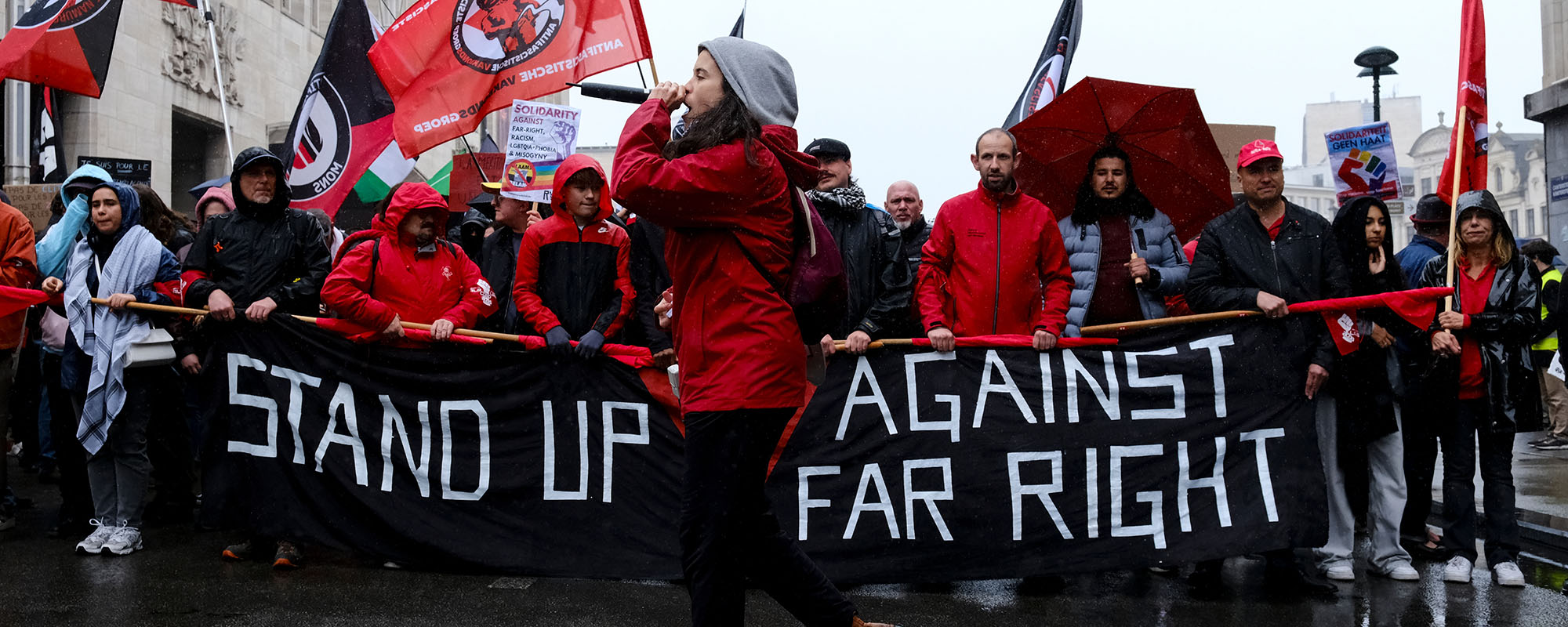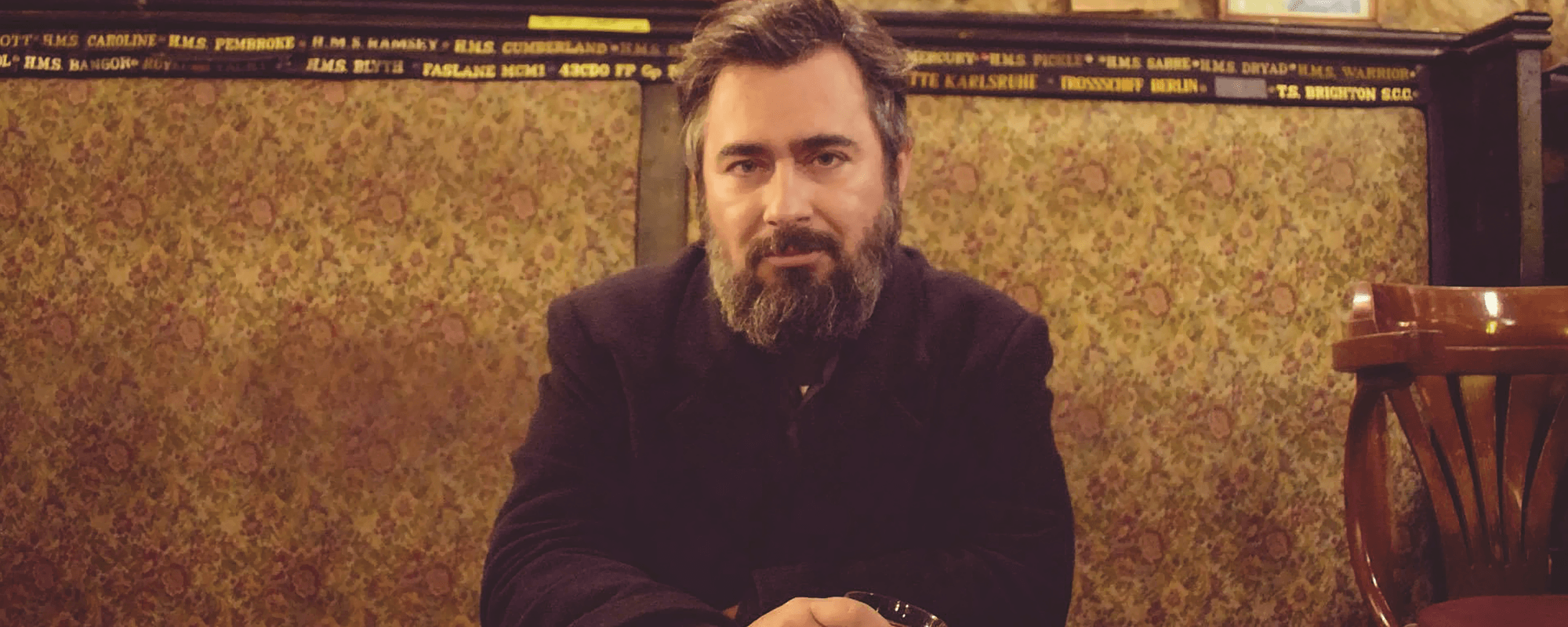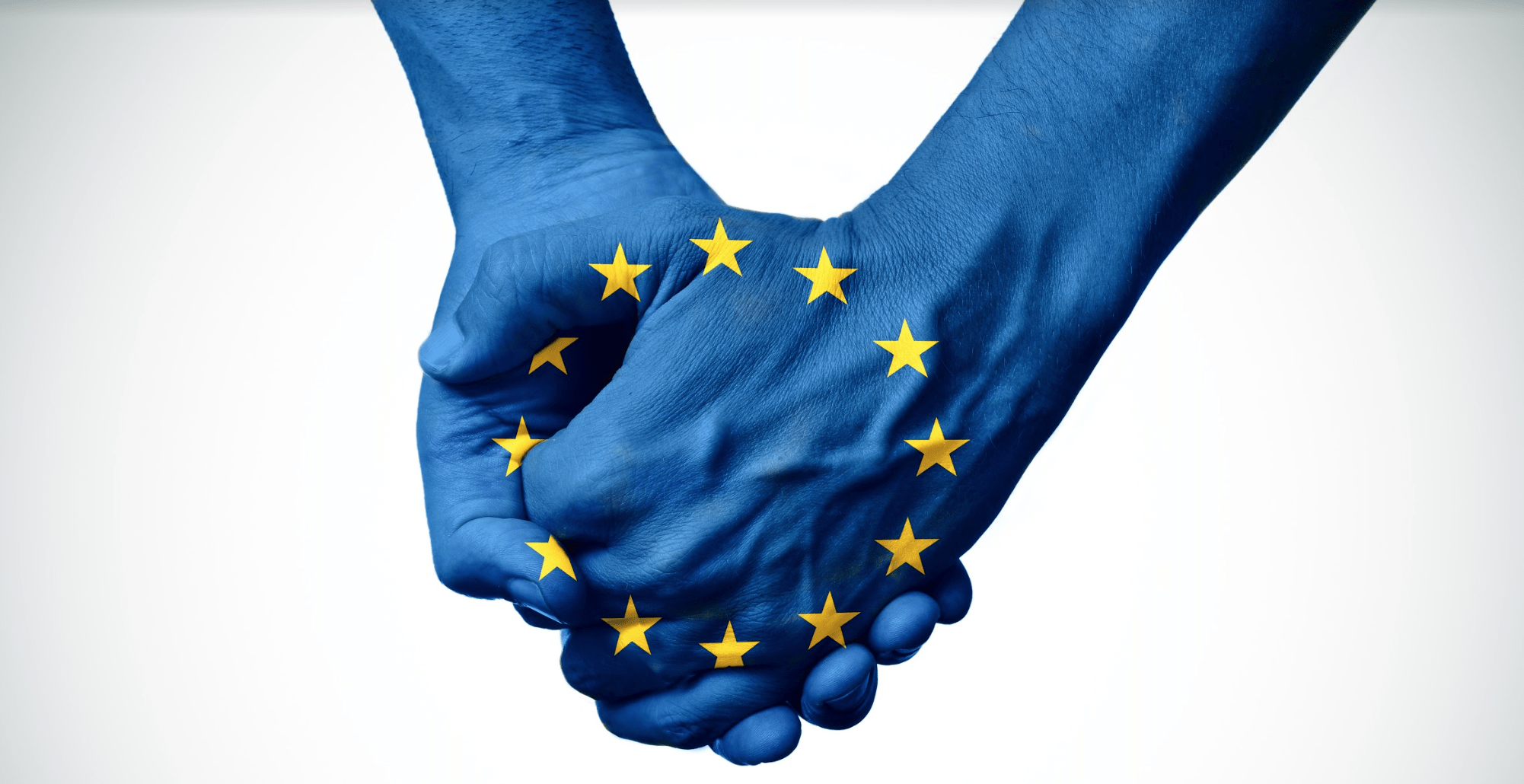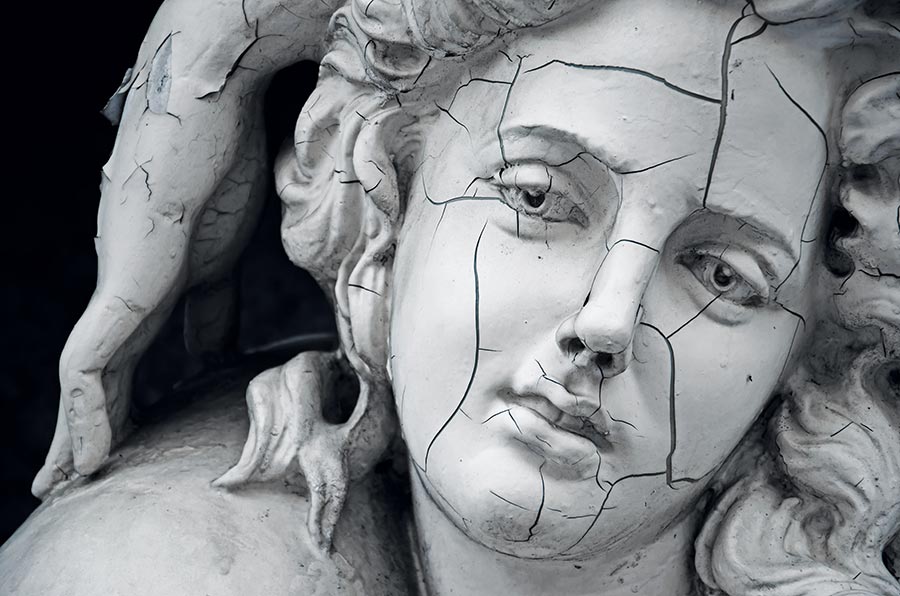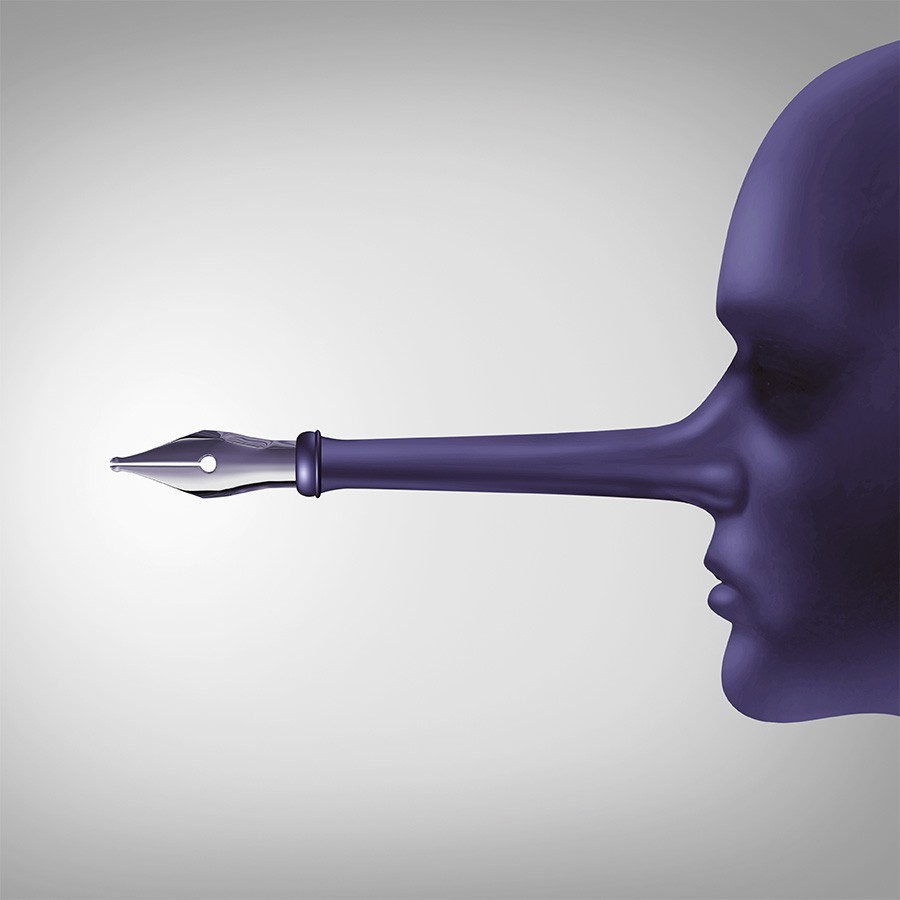During the run-up to the European Parliament Elections, Prof. Mario Thomas Vassallo grilled two MEP candidates on AGORA, a political talk show broadcast on Campus 103.7. Against the backdrop of numerous elections around the globe, a lack of youth representation, and the rise of the far right, the discussion got us thinking.
Continue readingBringing Politics to the People
Dr Mario Thomas Vassallo talks to THINK about he recent publication, ‘Kollox Politika.’
Continue readingMusical messaging: Politics in Maltese music
Music has been used as a vehicle for political commentary since time immemorial. Cassi Camilleri, Dr Mario Thomas Vassallo, and Brikkuni’s Mario Vella reflect upon the Maltese scene and its contribution to the discussion.
Music triggers all sorts of reactions and emotions in people. Hollywood’s multi-million dollar soundtracks are an eye-watering testament. Throughout history, music has also been used to transmit messages to the masses. Music can simultaneously act as a call to arms and a form of rebellion, depending on your perspective.

As part of his research into the relationship between music and politics, Dr Mario Thomas Vassallo points to the distinctly Maltese practice of adopting international hits to accompany political campaigns. Such adoptions have included We Take the Chance by Modern Talking, the anthem used by the Nationalist Party in 1998 after the collapse of Alfred Sant’s Labour Government, and, of course, New Tomorrow, Labour Party’s rallying call for change in 2013.
In another interview by Teodor Reljić, former radio presenter and music journalist Dr Toni Sant described the tendency of Malta’s political parties to rely on foreign songs as an unfortunate example of ‘cultural colonialism’. ‘It relates to the general Maltese idea that whatever comes from Britain, the US, Europe (take your pick) is better than what can be produced in Malta. It shows a lack of national cultural identity, unless the Maltese cultural identity is actually entrenched in its colonial past, rather than its more recent political history. And on it goes…’ Sant told Reljić.
Vassallo agrees with Sant’s reasoning, but adds that this ‘colonialism’ is not the only reason for the phenomenon.
‘In a globalised world, culture is being hybridised,’ Vassallo states. ‘You cannot tell what is local and what is foreign. Rihanna does not belong to Barbados, where she was born and raised as a kid, but to the world (and to Malta as well).’
Beyond this, Vassallo points to the commissioned music that political parties have funded over the years. These songs’ lyrics are usually interpretations of manifestos, used to get the electoral slogan to voters. ‘One of the most popular songs in this genre is Ngħidu Iva with lyrics by Joe Chircop and music by Philip Vella. This composition was the official song of the Nationalist Party during the 2003 referendum campaign for Malta to join the European Union,’ he writes in his paper.

But what of those operating outside the parties’ influences? Those who want to criticise and shed light on bad behaviour and problematic choices made by the powers that be? Among those most vociferous on the island are Brikkuni. Frontman Mario Vella explains his motivations saying, ‘As a songwriter, I feel inclined to delve into matters that affect me both on a personal level and in a wider context. Little matters whether one is apolitical or dismissive of this age-old phenomenon. Politics will, one way or another, force its way into our everyday lives. Addressing it is but a natural and obvious consequence.’
There are critics, of course. ‘I receive endearments of the ‘I hate you and your music’ variety,’ Vella notes; however, the results of this work have seen the band and its music embraced by many who see truth in the lyrics. L-Eletti’s message of contempt towards the ridiculousness embodied by those ‘elected’ (the English translation of eletti) is poignant especially when paired with the music’s fairground flavour. But loud voices often pay a price, and Vella is no different.
‘I have faced considerable censorship, but I hardly look at it as a repercussion. I tend to view it as an inevitable reaction to choices consciously made. There’s always some other way out of the hole. Even ones you dug for yourself. Unless you have a couple of kids to provide for. Then you’re screwed.’ Vella has none.
Vella and Vassallo both believe that there are limits to artistic expression. Vassallo puts an emphasis on ‘respect and autodiscipline’. In an interview with Vassallo, singer-songwriter Vince Fabri explained that, ‘if I want to criticise someone, I’d rather not offend him. I can definitely be satirical, cynical, or mocking, but I will never resort to vilification and absurdity.’ Vella, too, doesn’t see artistic limitation as a hindrance ‘as long as you’re the one setting it.’
 There is an element of responsibility that comes with the ability to speak to people on a visceral level. Artists can use their skills for positive effect. In 2007, at the height of the immigration crisis in Malta, singer-songwriter Claudio Baglioni pointed to the fear artists’ influence can instil in politicians. This is why, he said, ‘we have to be close to politics, but not immersed in it. We can be like sentinels.’
There is an element of responsibility that comes with the ability to speak to people on a visceral level. Artists can use their skills for positive effect. In 2007, at the height of the immigration crisis in Malta, singer-songwriter Claudio Baglioni pointed to the fear artists’ influence can instil in politicians. This is why, he said, ‘we have to be close to politics, but not immersed in it. We can be like sentinels.’
At a time when the line between truth and lies gets increasingly blurred, perspective makes all the difference. If our sentinels can provide us with that, we’ll be all the better for it.
Politics with a small ‘p’
Dù Theatre are back on stage after an absence of four years. Founder Simone Spiteri speaks to THINK about her newly penned play Repubblika Immakulata co-produced by Spazju Kreattiv, the influences that motivated her to write it, and the importance of using daily language on stage. Words by Franica Pulis.

Repubblika Immakulata revolves around a Maltese family trying to cope, or not, with being involved in a general election, wedding, and local feast all on the same day.
Premju Francis Ebejer winner Simone Spiteri (visiting lecturer, School of Performing Arts) wrote, and is directing, the satirical comedy as an exploration into Maltese identity and the climate of current affairs.
‘So is it about political parties?’ is usually the first question most people blurt out when I’m only a quarter into explaining what Repubblika Immakulata is about,’ Spiteri says. But there is more. ‘The play tries to examine our relationship, locally, to straightforward politics drenched in election fever. But that is only part of the whole. The undeniable can’t be ignored. To say we are a country that is not affected, polarised, brainwashed even, by partisan politics would be a straight out lie. However, isn’t everything else that governs the rest of our lives another type of politics too? Don’t we all form part of smaller communities, and even smaller, family (or similar) units?’ she adds.
In the early days, Spiteri’s focus was always the people rather than the issues at hand. She was also very interested in exploring language.
‘It was a time when most plays in Maltese didn’t tap into the mundanity of how we speak, how we sound, how we behave around each other. I was particularly interested in dissecting naturalistic dialogue. Code-switching from Maltese to English was not something you’d see characters do in most local plays,’ Spiteri points out.
‘I wanted to explore how the understated, rather than the epic and dramatic, worked in our mother tongue on stage and how audiences reacted to that. It was, relatively, a most welcomed effort. Not without the odd purist decrying the meshing of two languages in such a vernacular manner.’


Then, unexpectedly, came five years of writing commissioned plays for young people. It was not something Spiteri thought she could or wanted to do, but it was a challenge that ushered in a new way of thinking about writing. She describes it as a process that demands a thick skin. Young audiences were the toughest to please, she notes. The task demanded her to be exact, precise, and concise.
‘During these years, the niggling thought of going back to writing for an adult audience started bothering me. I didn’t feel the pull to write for pleasure. It felt more like the need to write to purge,’ Spiteri says.
‘There was plenty to write about. Perhaps that was the problem. All I had to do was read the daily papers or scroll through the latest bully-xenophobic-troll infested comment board online.’
‘Or eavesdrop everywhere on conversations between usually sensible individuals parroting away ‘facts’ straight out of a politician (of choice)’s mouth. Or take a stroll anywhere and witness every last speck of green on this tiny rock being gobbled up. Or observe everyone treat one other with some level of impatience, inconsideration, inhumanity. All I had to do was sit somehow and watch this fast-paced, technologically disconnected world pass by… and try to make sense of it.’
Spiteri reports this time in her life as one fraught with frustration, anger, and cynicism. The raw material was there, but moulding it into a play was proving a challenge. ‘I tried a few times, hated the attempt, and threw it away,’ she admits. ‘Then, last summer, the central character of Anon (portrayed by Andrè Agius) somehow popped into my mind and immediately all the disconnected loose ends clicked together.’

‘Here was my pivot to this rapid, sometimes nausea-inducing, merry-go-round. This character, who I didn’t want to define as anything but a voice, who speaks in the play, but you’re not sure is ever heard. Who speaks with authority one minute, but doubts that very same veracity a moment later. Who can be anyone… and no one at the same time. Who, by being there, is a blank canvas for us, upon which we project all those layers of beliefs, self-perceptions, subjective experiences of failure and success as a country, all the divergences of our multifaceted identity,’ Spiteri adds.
That’s how Repubblika Immakulata came to be. But that is not where the writing ends. Currently there is a new writing phase during which the actors imbue the script with their own interpretations during rehearsals. Then, there is the final act of writing: the process of each audience member looking into the metaphoric mirror the theatre stage should always be.
Note: Repubblika Immakulata will be performed at Spazju Kreattiv, Valletta in March and April. For more information and tickets visit: www.kreattivita.org/en/event/repubblika-immakulata/
Of robots and rights
Author: Dr Jackie Mallia

In 2019, Malta will create a National Strategy for Artificial Intelligence or ‘AI’, in order to establish the Country as a hub for investment in AI. Speaking about AI at the Delta Summit late last year, Prime Minister Dr Joseph Muscat stated that ‘not only can we not stop change, but we have to embrace it with anticipation since it provides society with huge opportunities.’ He followed up with similar declarations at the Malta Innovation Summit, also observing that in the future ‘we may reach a stage where robots may be given rights under the law.’
This latter statement seemed to generate unease. Reading some of the negative comments posted online, I realised that for many, the mention of ‘AI’ still conjures up images of the Terminator movies.
Although a machine possessing self-awareness, sentience, and consciousness may take decades to materialise, AI is already pervasive in our lives. Many of us make use of intelligent assistants, be it Amazon’s Alexa or Apple’s Siri. Others use Google Nest to adjust their home’s temperature. Then there are the millions with Netflix accounts whose content is ranked in order of assumed preference. All of it is convenient and all of it is due to AI. But some of the skepticism towards the technology may be warranted. High-profile failures include Google Home Minis allegedly sending their owners’ secretly recorded audio to Google. Facebook’s chatbots, Alice and Bob, developed their own language to conduct private conversations, leading to their shutdown. In addition, there were two well-documented fatal autonomous car accidents in 2018.
AI is still evolving, but at the same time, it is becoming ubiquitous, which leads us to some very important questions. What is happening to the data that such systems are collecting about us? What decisions are the devices taking, and to what extent are we even aware of them? Do we have a right to know the basis upon which such decisions are taken? If a machine’s ‘intelligence’ is based on big data being fed to it in an automated manner, how do we ensure it remains free from bias? Can decisions taken by a machine be explained in a court of law? Who is liable?
A focus on the regulation of AI is not misplaced. The issues are real and present. But the answer is not to turn away from innovation. Progress will happen whether we want it to or not. Yes, we need ‘to embrace it,’ as Muscat stated, but we must do so in the most responsible way possible through appropriate strategy and optimal legislation.
Dr Jackie Mallia is a lawyer specialising in Artificial Intelligence and a member of the Government of Malta’s AI Taskforce
Don’t shy away from inspiring others
A frontline fighter for Malta’s accession into the European Union and former Head of Representation of the European Commission office in Malta, Dr Joanna Drake speaks to Teodor Reljic about how she got where she is, and what keeps her going.
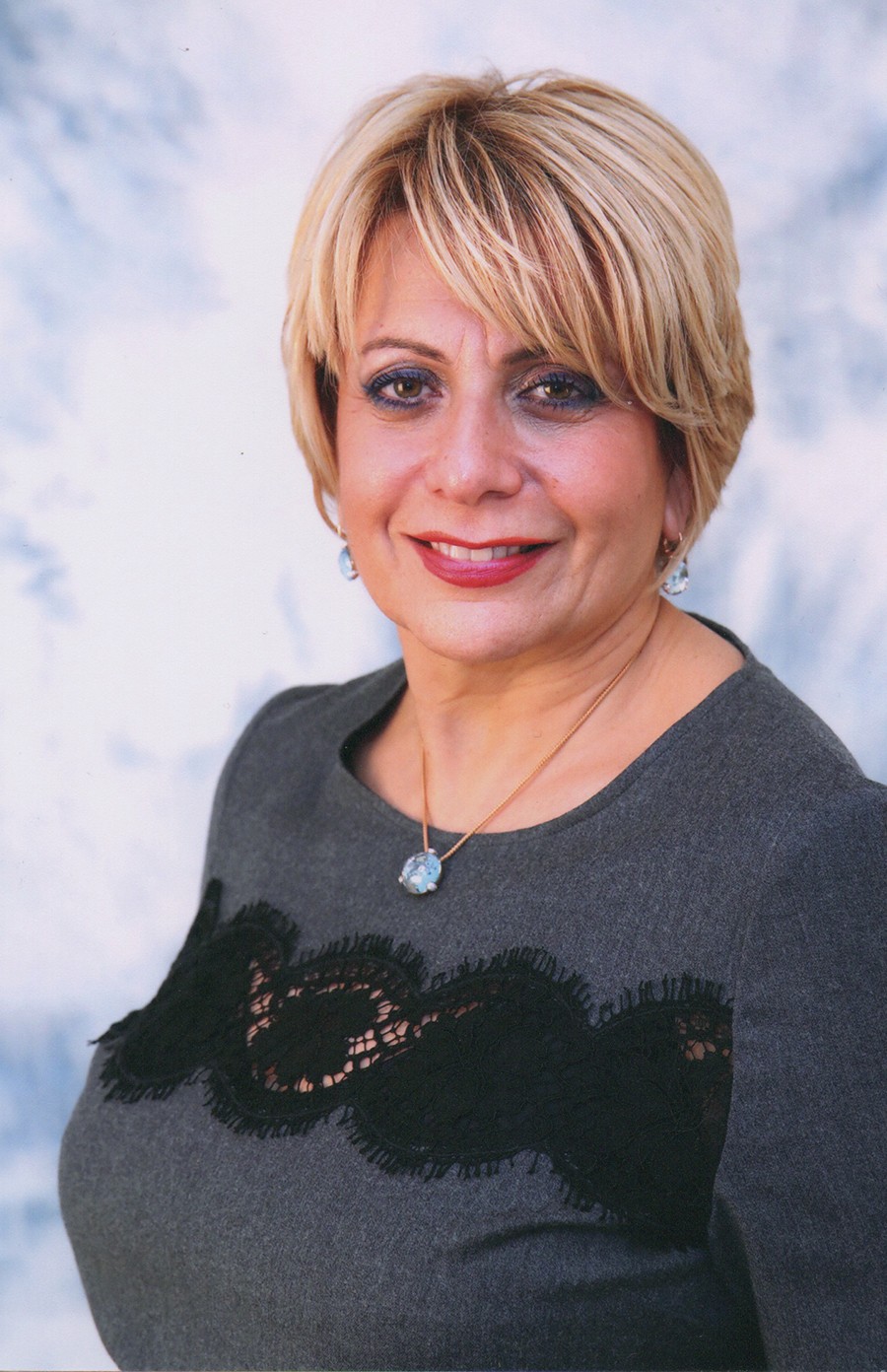
While it may have taken a few hard knocks of late, the European Union (EU) is still a cornerstone in the lives of the continent’s citizens. And with the rising tide of populism the world over, fuelled by values which are the polar opposite of the EU’s unity-in-diversity model and putting into question the sustainability of the EU, it becomes easy to forget about its advantages.
It also becomes easy to forget just how impassioned and hard-fought the road towards accession was for some countries—Malta included. For millennials, the EU referendum in 2003 was, in many ways, our first truly ‘political’ moment. Beyond the rote rhythms of party politics, the event gave us the feeling that something larger than us was happening. History was being shaped right in front of our eyes.
But as this moment ossifies into nostalgia for some, and others edge towards a rising euroscepticism, one person that holds steadfast to the EU and all that it stands for is Dr Joanna Drake.
Acquiring her Doctorate in Laws from the University of Malta in 1988 was the spark that paved the way for an eclectic career for Drake. She prefers to characterise it as ‘varied with lots of spice’, and it is one in which the EU has played a central part from early on.
‘Yes, throughout everything, there has been a major common thread—the European Union. I pride myself in having such a powerful and inspiring reference point in my career. It has opened so many doors, and it keeps on being enticing in the challenges it presents,’ Drake says.
It has been a journey with many rungs and steps along the way… all of which Drake diligently and patiently takes the time to enumerate during our conversation.
Vote Yes
In 1990, Drake’s world transitioned from the academic to the professional. She joined Malta’s first-ever professional team at the Malta Foreign Office, which was charged with preparing Malta’s EU membership application —a seed that would of course bear its most significant fruit just over a decade later.
Another significant step forward came five years later, when Drake took up teaching at her alma mater for a period that would last from 1994 to 2002. The position was no small feat. It meant that, at the relatively tender age of 30, Drake was lecturing in the Department of European and Comparative Law (Faculty of Laws) at both undergraduate and postgraduate level.
‘I was humbled to be teaching EU law to many of Malta’s preeminent lawyers, judges, magistrates, journalists, researchers, and politicians, including those who went on to become prime ministers and Presidents of the Republic,’ Drake reminisces, adding how her experience also dovetailed into the private sector. This part of her career overlapped with the ‘EU Moment’, as Drake served as Head of Legal and Regulatory Department for Vodafone Malta Limited from 2000 to 2005, during a stretch of time she describes as being a ‘very challenging period of transition for Malta’s telecommunications sector’.
Juggling so many high-profile, high-responsibility jobs was a big challenge for Drake, especially considering the social expectations on women. But she is quick to point out that all of that has its own silver lining. ‘Being a woman from a non-privileged background and facing tough competition, and even betrayals, including by those whom you had loved and respected, all go towards galvanising your resilience and bringing out the best in you while allowing you to grow.’
Despite such hardships, Drake has not been stopped from living a fulfilling life. ‘Of course, during this period, my private life did not stand still: I was also bringing up my two adorable kids, with whom I have been blessed and who continue to enrich my life every day…’
For millennials, the EU referendum in 2003 was, in many ways, our first truly ‘political’ moment.
Drake’s value of human rights and justice have given her career a crucial focus point, which would reach its critical point come 2003. Serving as the Chair of the YES referendum campaign, whose Maltese-language rallying call ‘Moviment IVA Malta fl-Ewropa’ is bound to stir memories in all those who experienced it, Drake remains unequivocal about the importance of this position for her.
‘My direct and visible political involvement in persuading the Maltese voters to vote YES in the EU referendum of March 2003 is something I remain immensely proud of. Standing up to be counted is always something that resonates deeply with me, and I would say that my involvement with the referendum was an ideal example of all that.’
Malta’s successful entry into the EU led to another key stepping stone in Drake’s career. In 2005 she took on the role of the Head of Representation of the European Commission office in Malta. She was then promoted to Director of Entrepreneurship and Small and Medium Enterprises (SMEs) as well as deputy SME Envoy. She now serves as Deputy Director General in the Directorate-General (DG) Environment in Brussels.
As deputy SME Envoy, she was directly involved in shaping EU policy and helping SMEs face contemporary challenges, like the rise of industries such as Airbnb and UBER. This work yielded positive results in her previous posting as Director of SMEs and Entrepreneurship at DG GROW, where she represented the Commission in high-level dialogues and negotiations in China, US, Tunisia, Abu Dhabi and most EU member states.
It was also a post that allowed her to deliver presentations at numerous major events, cementing a career built on both practicality and advocacy.
The University of Life
With such an impressive CV in hand, I wanted to find out what drove Drake to such success. And it turns out that the University of Malta helped lay the groundwork of some good habits for her.
‘I’ve learnt plenty of lessons along the way, and I keep discovering new ones all the time! But I would certainly highlight the following: passion helps you achieve your goals. Keep investing in knowledge and real friendships. Networking is key. Keep it simple. Reach out, always. Stay humble. Don’t shy away from inspiring others. Take every opportunity to grow as a person, and in your conscience,’ Drake emphasised, adding that: ‘These are some of the stimulants that make my getting up in the morning and going off to work so much more worth it.’
Building your career is about adding your personal value to what you have learned and churned out at university. If those ingredients are in place, a true professional may very well be born.
And what about the new generation of graduates or to-be graduates? Students which, we should point out, have reaped the benefits of EU accession and all that that implies? Drake’s advice to any who dream of following a similarly heady and rewarding path is quite simple, though it requires both commitment and passion. ‘Keep an open mind as to how and where you could deploy your newly learned skills,’ Drake says—a reminder that self-knowledge and self-awareness truly go a long way.
In fact, Drake is keen to stress that a career—as opposed to a one-off and possibly dead-end job—is something that requires the full implementation of your personality and the gravitational pull of your most deeply held passions.
‘So in this way, building your career is about adding your personal value to what you have learned and churned out at university. If those ingredients are in place, a true professional may very well be born. Think about this when preparing for your next interview.’
Her parting-shot of advice is, however, far more to the point, but it resonates all the same: ‘Remember to just enjoy the journey! It’s loads of fun.’
Author: Teodor Reljic
Playing with Fire
Climate change is a real threat. The scientific evidence is irrefutable. The problem is that countless talks and rallies calling for action have only pushed things forward at a snail’s pace. Prof. Simone Borg explains why.
Continue reading
History, Medicine, and Art
We still live in a world where being beautiful is vastly important.
Throughout history the concept of ‘beauty’ has been merged with our concept of what is morally ‘good’. Since the Ancient Greeks, who thought that beauty was inherently good and ugliness was inherently evil, we have struggled to move away from this way of thinking. A ‘normal’ individual is usually de ned as ‘beautiful’ in some sense, be it through good health, social class, or appearance. Problems arise when the binary emerges, seeing deviations from the norm rejected as ugly, dirty, immoral, and ‘sick’.
Working with various international research instuitions across Europe and the US, Professor John Chircop (Department of History, Faculty of Arts, University of Malta) is delving into how our understanding of what is beautiful is used within the social, political, and medical spheres of our society to mould perceptions and construct ways of control over how we see and treat ourselves and others. Our perceptions of what is beautiful or ugly shapes constructions of the ‘Other’, and makes easier the control of sectors of society that are considered to be a threat to public health and the social order—the destitute, prostitutes, and criminals—dirty, diseased, amoral, and ugly. There are striking examples in history of medical institutions isolating those that did not t the norm. To this day, the idea of ‘beauty’ still segregates society.
Historically, disease was thought to be contagious and transmitted through physical contact, or even inhalation. In Europe, even up un l the early 20th century people were encouraged to keep a safe distance between themselves and anyone who might be considered ‘dirty’ and even contagious. Racial discrimination against Arab Muslim pilgrims upon returning from their annual Hajj saw them detained in quarantine for fear they might be carriers of disease from these ‘dirty’ places. Before being granted re-entry to southern Europe, they had to endure physical examination and fumigation to cleanse them. While this selective segregation based on ethnicity may seem ridiculous now, are things really so different today?
Chircop suggests not. ‘These same concepts are shown today by the way we treat migrants from war-torn countries.’ In general, non-European and, especially, irregular migrants are segregated, kept away from society, and treated as second-class citizens. In place of quarantine ‘fumigation’, we now use biometrics, with routine physical tests, and vaccination. We can try and justify this by highlighting the developments in technology, justifying our actions by emphasising the scientific or ‘medical’ benefit of these examinations. But really the ideas behind this are the same; by treating a population as different, necessary for testing, we automatically create a distinct on between ‘us’ and ‘them’. This segregation is then reinforced in art, political cartoons, popular films, television, and wider social media.
Although much progress has been made in human rights and fair treatment of individuals, prejudice is insidious and subtle. It has melded itself into the fabric of society, and we need to be aware of it to change it. Chircop states, ‘to go about changing this, we must start from the present, and go back in history.’ By learning from our past, we can expand the concept of beautiful in today’s society.
The great siege of fake information
Information is under siege.

